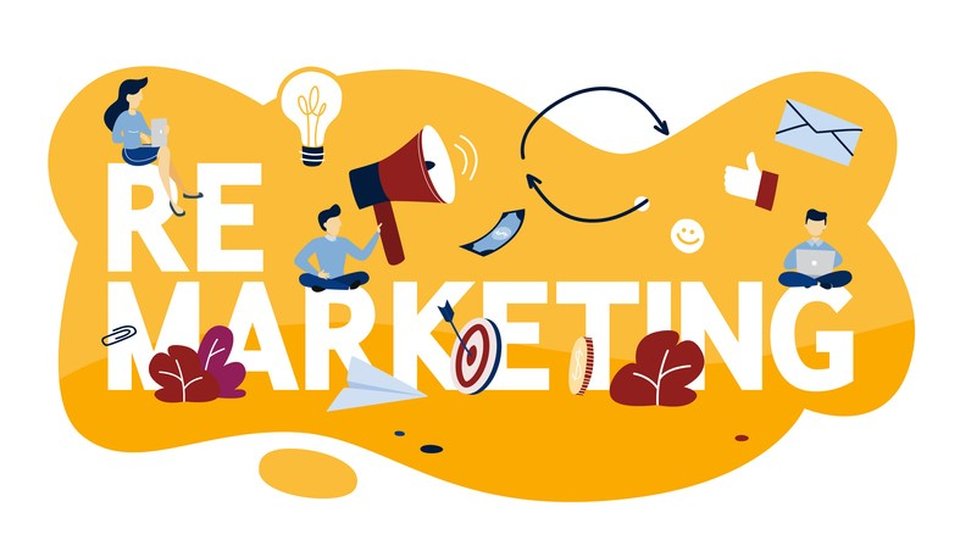Commentary
Your prospect demographics have changed, so requalify!

October 5, 2020 by Amanda Puppo — CEO, MarketReach Inc.
Your customer prospect list should always be a living document, but right now, more than ever, it needs a check-up. The companies that are back at work must be requalified before prospecting can be performed successfully.
There are two prime areas that require a requalification in the face of changes that COVID-19 brought on, and they are 1) on-site staff size and 2) how to get in contact with the decision-maker if they are working remote. Salespeople will be frustrated and may in fact become demotivated to prospect if their whole world is turned upside down — who they thought their prospects were are now not targets. A salesperson's job has become monumentally harder.
Old and new targets
By now, companies have decided who are deemed essential to work in the office and which departments may be slowly phased back in once reopened. This varies among industries and how organizations operate.
White collar offices, which were once a consistent percentage of your coffee accounts, have been the most adaptive to the work-from-home model. It is not uncommon to see a near-empty office for accounting firms, attorneys, marketing and advertising agencies, and the like. For those primarily in the OCS business, these clients used to be your bread and butter, but their work environments have changed and so did their needs.
Some companies are only allowing about 25-50% of their staff in-office at once, which takes a huge hit to the staff size minimums that convenience services are based on. However, changes in the work environment might have gone unaffected when it comes to blue collar businesses.
Manufacturing companies were traditionally a sweet spot for vending services. Reach out to these accounts or similar prospects with the intent of requalifying or disqualifying them. Adjust your future outreach based on office environment feedback you receive.
Probe with these questions:
- What is the new occupancy for your office?
- Are you anticipating shifting towards a lower staff occupancy long-term?
- Describe your breakroom situation in its current form? (coffee, vending, micro-market, manual cafeteria, etc.)
- Is [full name] still making decisions on your breakroom contracts? What is the best way to get in contact with [him/her]?
A glimpse of hope
Could newly defined occupancies be new opportunities?
Try re-evaluating needs of companies with cafeterias; could these now be a prime target for a micro market? CFOs everywhere are looking to save money in every department. Since the reduced in-office workforce may not justify a full service cafeteria anymore, a micro market might be the perfect solution.
Try this language: "Not only will this bring cost savings, but your employees can stay in the office instead of venturing out to get lunch, thusly offering more safety for the entire office."
Micro markets have always been time savers, but with COVID-19 resulting in increased wait times for food pick-up services and face time from delivery drivers that may be deemed unnecessary, it is even more timely to invest in an efficient breakroom solution.
Office space contracts
There was an ongoing fear of companies pulling out of their office spaces when COVID hit. The truth is, most companies are in long-term leases or they own the space. Contracts are normally three to five years, and in urban areas, even more so, it's unlikely that you'll come across a client who is closing their office right now, unless they're going out of business altogether.
This should give hope to breakroom service providers that offices will resume normal operations eventually since they cannot cancel their leases. Offices may have already opened, or will most likely reopen soon, so long as the organization comes up with safe measures to do so.
If you're in the breakroom industry you've seen a shift in your targets. Take the first step in helping your sales team by requalifying your list, whether in-house or outsourced.
For an update on how the coronavirus pandemic is affecting convenience services, click here.
 ChatGPT
ChatGPT Grok
Grok Perplexity
Perplexity Claude
Claude






